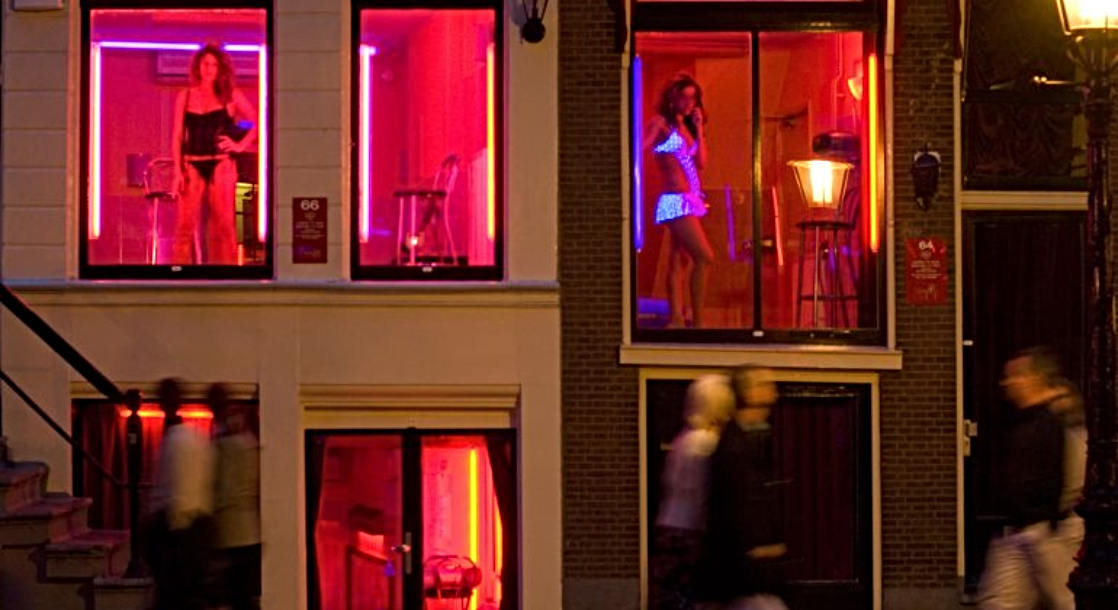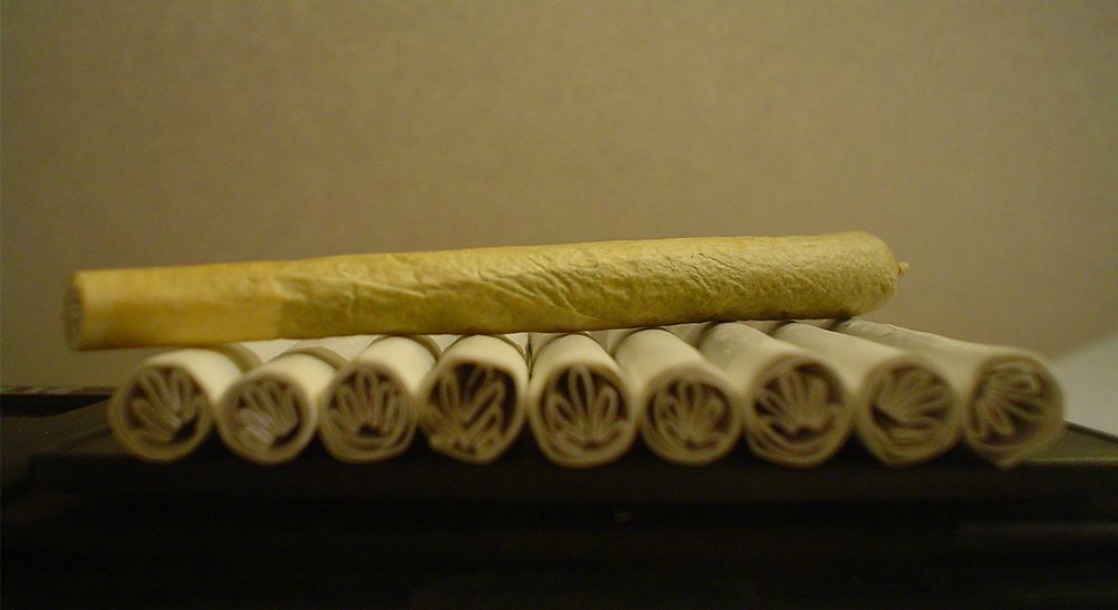Amsterdam is renowned for its red light district and its weed-friendly coffee shops, but local government officials are now looking to change the city’s image.
Back in 2004, Amsterdam created a marketing campaign encouraging tourists to come and indulge in pleasures that remain forbidden throughout the rest of Europe. Although cannabis is technically illegal in the Netherlands, Amsterdam authorities allow residents and tourists to enjoy spliffs or edibles in a number of “coffee shops” across the city. And in the city’s red light district, sex workers can be seen advertising their legal services from windows all throughout the neighborhood.
The marketing campaign was a huge success, and the number of tourists visiting the city has grown from eleven million in 2005 to eighteen million in 2018. But although the tourist industry continues to be highly lucrative for the city, many citizens are sick-to-death of tourists. Real estate prices are on the rise as homeowners shun long-term rentals for short-term tourist stays, and streets are becoming overcrowded with drunk, rowdy sightseers.
In response to these concerns, Amsterdam has started backtracking on its tourism incentives, raising taxes on tourists, and working to divert tourism to other Dutch cities. This year, the city is taking an even more aggressive attempt to cut down on tourism. Starting next April, the city will ban guided tours of the red light district. Currently, at least a thousand tours pass through this neighborhood on a weekly basis, allowing tourists to gawk at the sex workers through their window displays.
“We are banning tours that take visitors along sex workers’ windows, not only because we want to prevent overcrowding in the Red Light District, but also because it is not respectful to sex workers,” said Udo Kock, who was deputy mayor at the time, according to the New Yorker. “It is outdated to treat sex workers as a tourist attraction.”
Amsterdam may also take more extreme steps towards controlling its sex industry. A new proposal from Amsterdam City Hall has suggested that the city should push sex workers out of their traditional home in the red light district and into the suburbs. The proposal suggests the creation of what amounts to a suburban sex mall, with a specially-built facility including indoor window booths, strip clubs, bars, and restaurants.
The city is also considering removing legal weed from its traditional list of tourist attractions. Earlier this month, Mayor Femke Halsema proposed banning tourists from buying weed from the city’s remaining 170 coffee shops. The city council will not vote on this proposal until March, but early indications show they are likely to approve the measure.
“It is understandable that Amsterdam residents want to preserve their beautiful historic center, and also go about their daily lives without constantly being confronted by rowdy tourists,” said Amsterdam-based journalist Isabelle Gerretsen to CNN Travel. Gerretsen understands that banning tourist pot use would help preserve “the city’s status as a center of culture, rather than a theme park for ‘weed tourists,’” but she also notes that the proposal is risky because it could eventually drive too many tourists away.
A similar crackdown on cannabis clubs is happening in Spain. A small number of cannabis social clubs sprang up in the 1990s, offering customers a chance to purchase homegrown weed and consume it in public. But cops have been stepping up their enforcement of weed prohibition, and police raids are forcing more and more of these establishments out of business every year.











